On September 24-29, 2018, a study visit was held for local authorities, utility companies and non-governmental organisations of the Viliejka and Iŭje districts. The delegation studies the practices of the cities of Pärnu and Tallinn on provision of utility services to households.
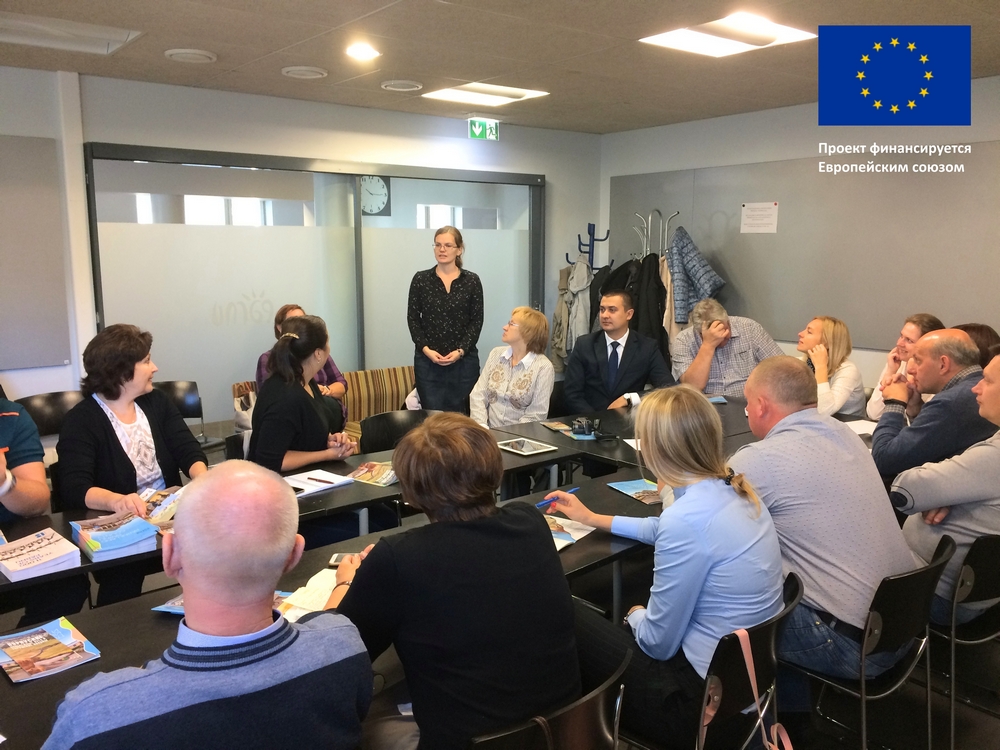
The visit agenda began with a meeting at the Pärnu municipality, where the Belarusians learnt about the Estonian system of utility services provision and segregated municipal waste collection, as well as with public awareness-raising tools and methods.
Estonia has a well-developed system of segregated waste collection and transportation. Recyclable materials (glass, paper, plastics) are removed free of charge; households only pay for removal of mixed waste. At the same time, burial of disposables is not prohibited; however, only 4% of the total volume of such waste is buried. Special collection centres are set up for hazardous waste management for collecting electronic/electric equipment waste and medicines.
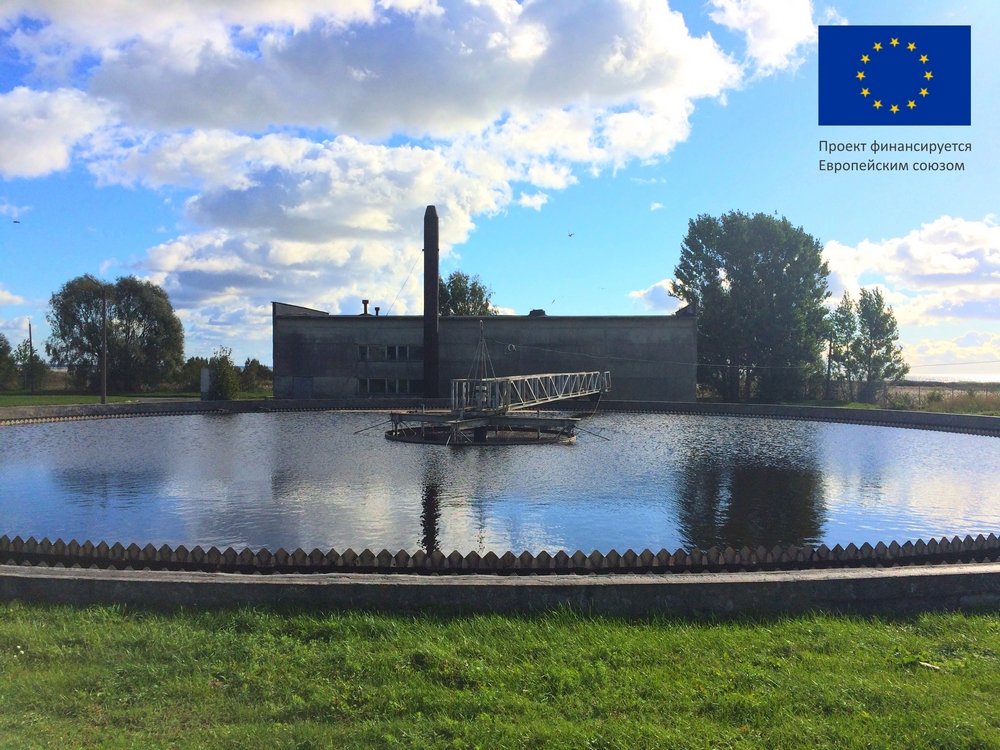
The delegation members also visited the Pärnu water utility company that provides water supply and sanitation services. The company services about 7,900 consumers. The water tariff is €2.7 per m3, where €1.05 is for water supply and €1.65 is for sanitation. Drinking water is supplied from artesian walls; drainage is treated at both technical and biological treatment plants. The wastewater sludge is not burnt in Pärnu; instead, they send it to a landfill for burying.
The Belarusian delegation paid great interest in the visit to Paikre MSW landfill outfitted with the latest waste sorting technologies and equipment. The landfill accepts both municipal, bulky, organic, hazardous and electronic/electric waste. Household may deliver there, on their own and free of charge, certain waste types, such as clean waste packaging, intact e-waste, batteries, paints, medicines and other hazardous waste.
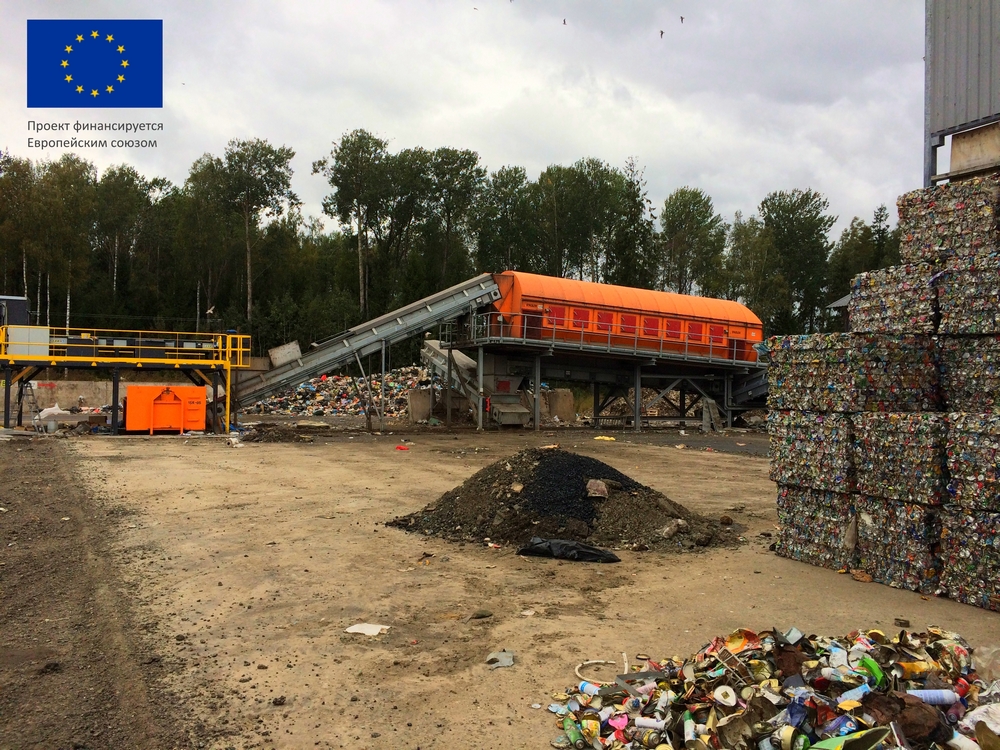
During a visit to Fortum Eesti ASA heat and power supply company, they found out that the notion of heating season does not exist in Estonia. People are free to heat their houses even in summer, when necessary. About 700 buildings are connected to the power station that supplies them both with heat and electricity. Boiler houses are connected to cover peak loads only (in November-March); they operate on natural gas. If electricity generation is based on local wood, it is donated by the state.
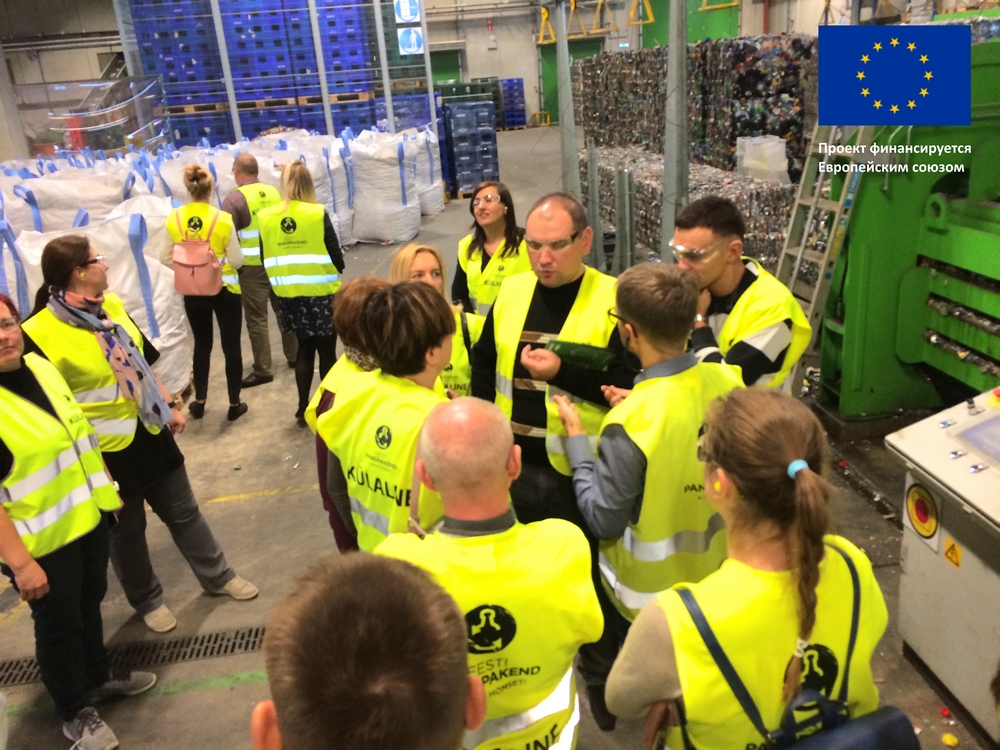
In Tallinn, the delegation members studied the experience of operation of Eesti Pandipakend, a non-commercial organisation accredited by the Ministry of Environment of Estonia that has been organising a system of deposits since 2005. The system introduction allows consumers to return packaging in special points and receive deposits. Owing to the deposit system, about 80-90% of materials coming to the market is collected back; the highest recycling rate is also noted there. The deposit system participants are both packaging utilizing companies (320 producers/importers) and retailers (about 850 collection points). Deposits apply to such packaging, as plastics (PET bottles), metals (aluminium cans) and glass (single- and multi-use). The deposit size does not depend on the package size or type and equals to €0.10 per unit.
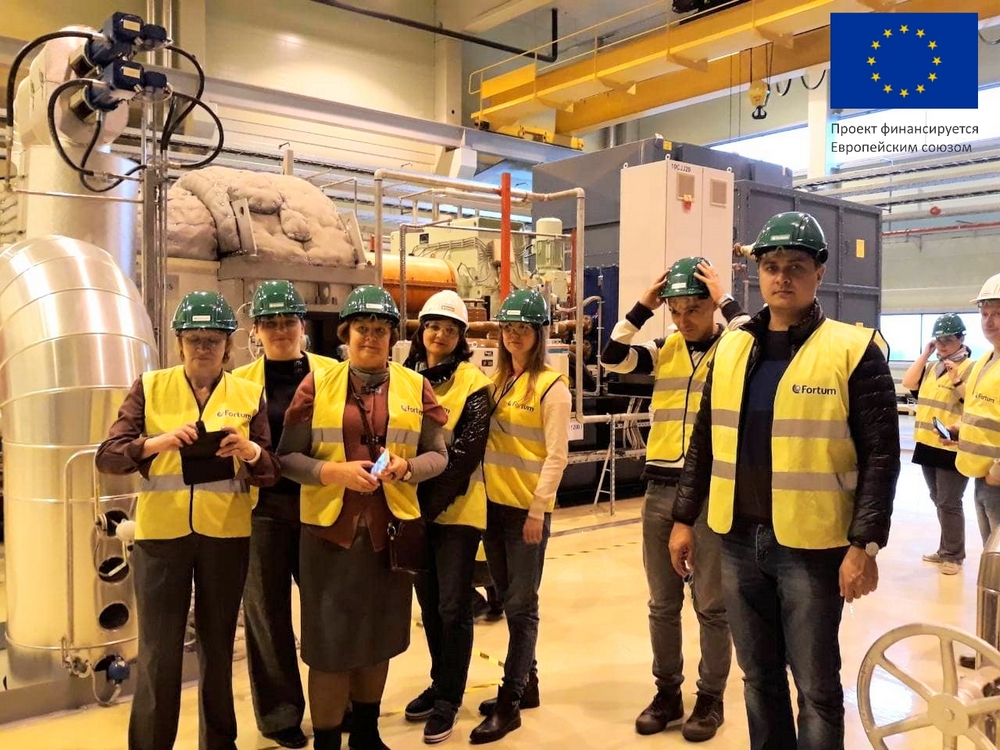
The last place visited by the Belarusian delegation was the E-Governance Academy. The organisation carries out research, training, consultancy and adoption of e-solutions in the spheres of e-government, self-government, democracy and cyber security. The participants learnt in the highest detail about the participatory (community) budget, when city residents have an opportunity to take part in decision making on local budget allocations. The first pilot project was implemented in Tartu in 2013. Residents have an opportunity to present their ideas on urban space improvements (landscaping of parks, construction of bike trails, etc.) for further selection and voting. The key criterion there is the public benefits of implementation of such an idea. Owing to that mechanism, the budget allocation process engages both the authorities and community, the process is reviewed and the practices are improved on an ongoing basis.
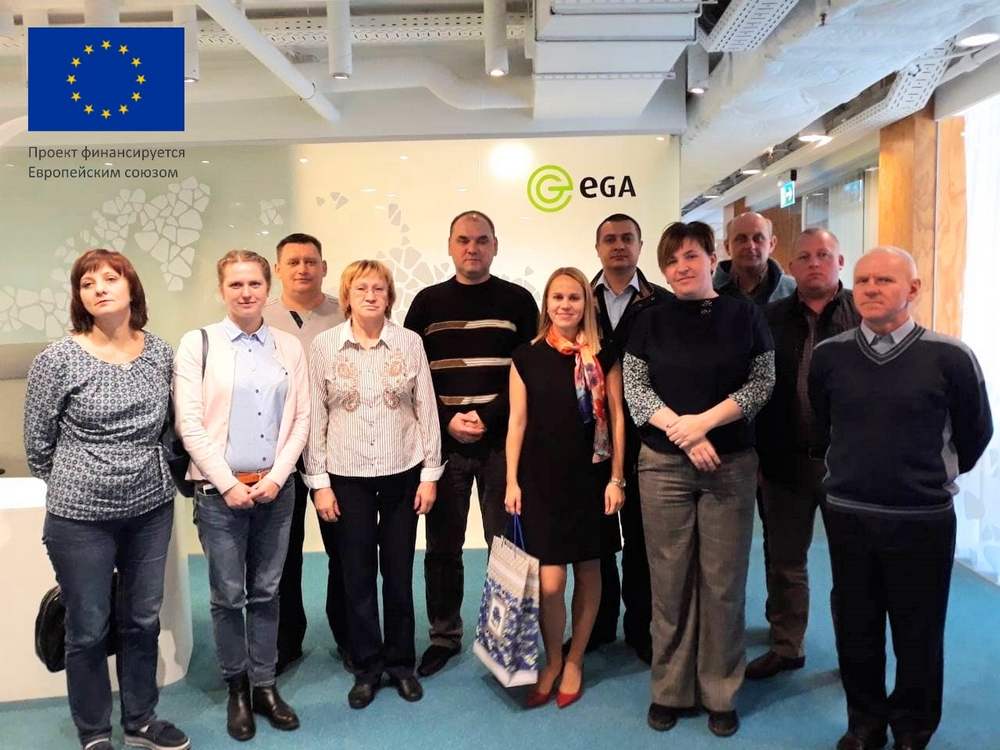
The delegation participants highly evaluated the programme intensity and usefulness; they also hope to adopt the foreign experience in their districts.
The study visit to Estonia was carried out with financial support from the European Union project "Requirement for Efficient Management of the Utility Sector". The event was co-organized by Ecopartnership International NGO and the Baltic Environmental Forum of Estonia.






